#EpiTwitter: Professional engagement in the 21st century
Category : PROspective
from Dr. Cecile Janssens:
If your dream job comes available, you want the recruiters to consider you. For that, they need to know you. Networking is key for career opportunities. In the past, there only was the old boys network, these days there are alternatives. LinkedIn is a good place to post your profile and connect, but you might also want to consider Twitter.
There are many reasons why you, as a student, might benefit from Twitter, and many websites that tell how to get started. Let me share why I use Twitter.
My interest in Twitter didn’t happen overnight. I signed up as part of a public scholarship program but was a ‘listener’ for several years. I followed colleagues in epidemiology, public health, and genetics. I retweeted what I found worth sharing and only responded to tweets that were comfortably within my expertise.
It was worth it though. There are many epidemiologists and statisticians on Twitter. They share their knowledge and thoughts, post what keeps them busy, what catches their attention, what worries them, and what they find important, value, and like. Twitter is also a place where many new studies and developments are discussed. Needless to say, I learned a lot.
Over time, I connected with many people who have similar interests but who I would never have met in person because we attend different conferences. Physicians, statisticians, policy experts, patient advocates, and journalists. Slowly but steadily, I expanded my network across disciplines. Twitter is now my favorite ‘annual’ conference, every day.
My engagement on Twitter took a turn in 2018, when I was asked to comment on a new paper in my field. I posted a thread of tweets that led to a lot of discussion and to a steady increase in followers that still goes on today. The thread caught the interest of an editor, which is how it got published as a commentary. My co-author and I know each other from Twitter, we’ve never met in person.
Writing that commentary was also the first time that I asked experts on Twitter to check whether we had correctly described a new and complex statistical method. I have since solicited peer review several times for entire manuscripts and paragraphs.
My most ‘viral’ contribution is another thread of tweets in which I explain—would you believe—the area under the receiver operating characteristic curve, a statistical metric that many people use but few really understand. That ‘tweetorial’ is now also a manuscript under revision.
If you use Twitter wisely by following people you find worth following and by posting more sense than nonsense (use other social media for the fun stuff), then you too can learn, ask, share, and entertain, all while expanding your network. Give it a try.
New to Twitter? Here’s how to get started:
- #Epitwitter: The epidemiology community on Twitter is centered around the hashtag #epitwitter. You can search twitter for all tweets with the #epitwitter hashtag to get an insight into what is trending now. You can (and should) also follow @epi_twit – an account that retweets popular #epitwitter tweets. Other great hashtags include: #statstwitter, #medtwitter, #phdchat, #AcademicTwitter, #rstats, #EpiJournalClub, #EpiWritingChallenge
- Follow influencers in the field:
- Several notable influencers are faculty right here in the Emory Epidemiology Department: @TimothyLash, @cecilejanssens, @LCLindquist, @alonso_epi, @Jlguest, @EpiPenny, @mkramer_atl, @SamuelJenness, @ATChambs, @ShakiraSuglia, @pssinatl, @B_Lopman, @DrDaynaAJohnson, @KancherlaVijaya, @jebjones_epi, @kmvnarayan14, @audreyjane4, @TravisEpi, @CareyDrews, @AcebaldAnne, @RachelPatzerPhD, @zbinney_NFLinj, @rabednarczyk
- Make sure to check out influencers throughout the greater Epidemiology/Statistics/PublicHealth twitter community: @sandrogalea, @_MiguelHernan, @f2harrell, @yudapearl, @CarlosdelRio7, @ProfMattFox, @EpiEllie, @malco_barrett, @MaartenvSmeden, @jaimiegradus, @ebbrickley, @kjhealy, @LaurenAnneWise, @BaileyDeBarmore, @MariaGlymour, @ken_rothman, @BillMiller_Epi
- Follow institutions and journals:
- @EmoryEPI is the Epidemiology Department’s twitter account – a must follow for all the Epi events, updates, and conversations going on at Rollins.
- Some influential journals in the field include @epipubs (also see:
@societyforepi), @EpidemiologyLWW, and @AmJEpi
How do YOU use twitter? Who are your favorite epidemiology/public health influencers? Tell us in the comments!
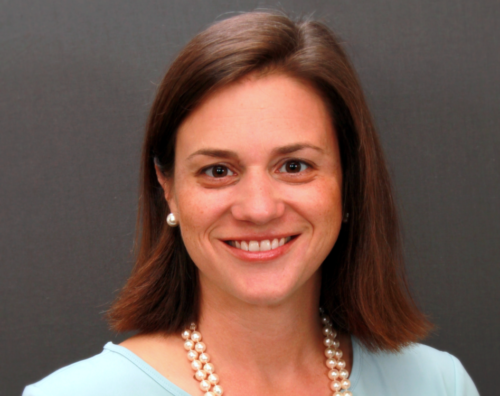

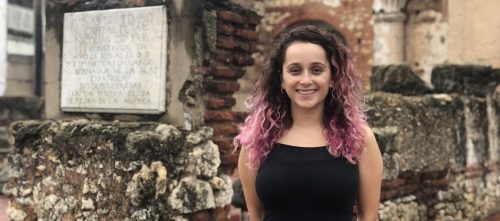
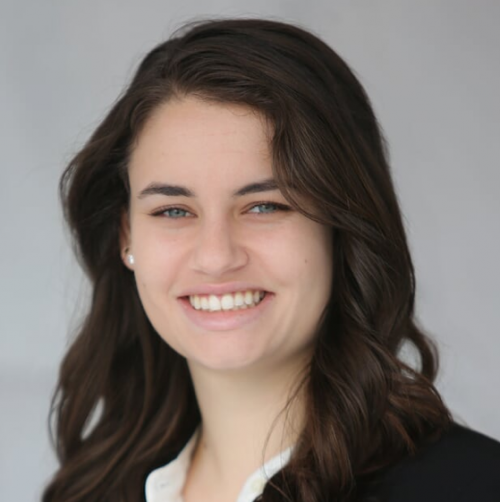
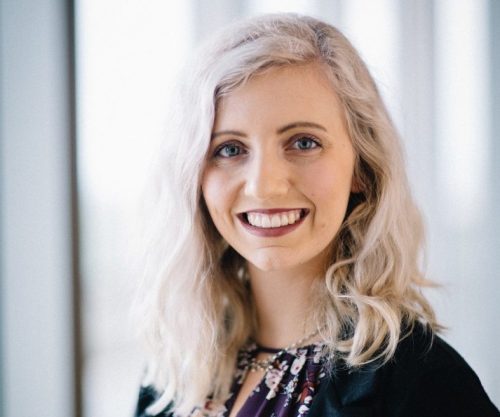
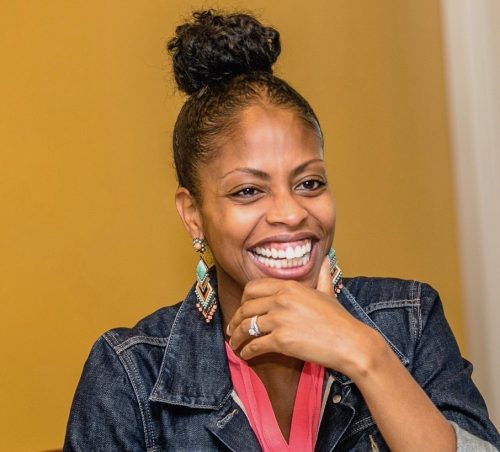
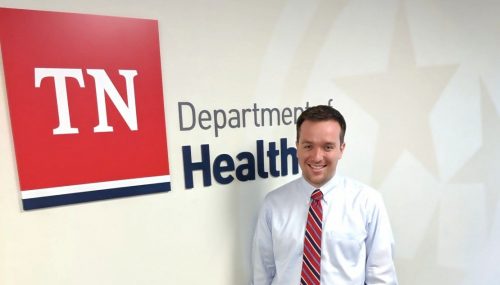

Recent Comments